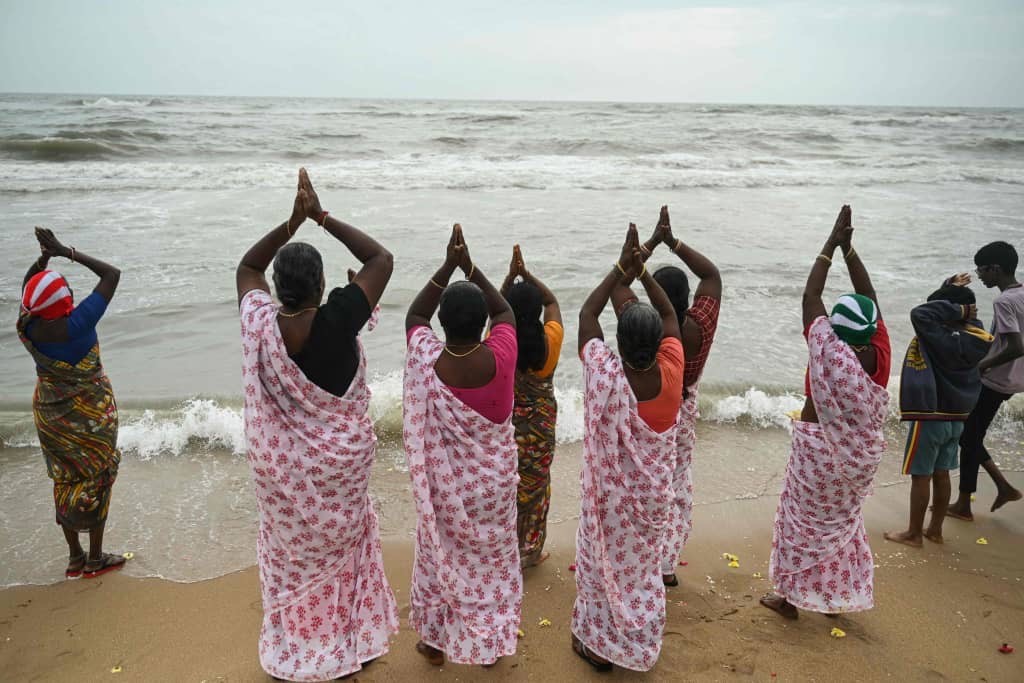BEIRUT, Lebanon – Hezbollah leader Sheik Hassan Nasrallah said in a TV interview that he would not have ordered the capture of two Israeli soldiers if he had known it would lead to such a war.
Guerrillas from the Islamic militant group killed three Israeli soldiers and seized two more in a cross-border raid July 12, which sparked 34 days of fighting that ended with a cease-fire on August 14. “We did not think, even one per cent, that the capture would lead to a war at this time and of this magnitude.You ask me, if I had known on July 11 …that the operation would lead to such a war, would I do it? I say no, absolutely not,” he said in an interview with Lebanon’s New TV station that was aired on Sunday.He also said Italy and the United Nations had made contacts to help mediate a prisoner swap with Israel, but did not specify whether they had contacted Hezbollah directly Nasrallah said Lebanese Parliament Speaker Nabih Berri was in charge of the negotiations and the subject would be discussed during United Nations Secretary General Kofi Annan’s visit to Beirut yesterday.There had been “some contacts” to arrange a meeting between him and Annan, he said, but that was unlikely for security reasons.”The Italians seem to be getting close and are trying to get into the subject.The United Nations is interested,” Nasrallah said.”The Israelis have acknowledged that this (issue) is headed for negotiations and a (prisoners) exchange.”A senior Israeli government official declined to comment on such contacts, saying only that Israel “does not negotiate with terrorists” and continues to demand the unconditional release of the two soldiers.Israeli military officials said earlier this month that Israel is holding 13 Hezbollah prisoners and the bodies of dozens of guerrillas that it could swap for the two captive soldiers, but would not include any Palestinian prisoners in such a deal.Also on Sunday, 245 French soldiers arrived at Beirut’s airport to help the Lebanese army rebuild bridges destroyed or damaged by Israeli air strikes.The troops were separate from a French contribution of 2 000 soldiers to the UN Interim Force in Lebanon, known as UNIFIL, which was being expanded to 15 000 members under the UN Security Council resolution that ended the Israel-Hezbollah war.The UNIFIL force is paid for out of the budget of the United Nations, which is made up of member states’ annual contributions, and the new expansion of the force will come out of the same budget, said Timur Goksel, a former head of UNIFIL.Nasrallah, whose whereabouts are unknown as he went into hiding on the first day of the war, also said he did not believe a second bout of fighting would break out with Israel, even though he said more than half his group’s rocket arsenal was still left.However, he called any possible attacks on Israeli troops “legitimate” as long as even one Israeli soldier remained in Lebanon.Nampa-AP”We did not think, even one per cent, that the capture would lead to a war at this time and of this magnitude.You ask me, if I had known on July 11 …that the operation would lead to such a war, would I do it? I say no, absolutely not,” he said in an interview with Lebanon’s New TV station that was aired on Sunday.He also said Italy and the United Nations had made contacts to help mediate a prisoner swap with Israel, but did not specify whether they had contacted Hezbollah directly Nasrallah said Lebanese Parliament Speaker Nabih Berri was in charge of the negotiations and the subject would be discussed during United Nations Secretary General Kofi Annan’s visit to Beirut yesterday.There had been “some contacts” to arrange a meeting between him and Annan, he said, but that was unlikely for security reasons.”The Italians seem to be getting close and are trying to get into the subject.The United Nations is interested,” Nasrallah said.”The Israelis have acknowledged that this (issue) is headed for negotiations and a (prisoners) exchange.”A senior Israeli government official declined to comment on such contacts, saying only that Israel “does not negotiate with terrorists” and continues to demand the unconditional release of the two soldiers.Israeli military officials said earlier this month that Israel is holding 13 Hezbollah prisoners and the bodies of dozens of guerrillas that it could swap for the two captive soldiers, but would not include any Palestinian prisoners in such a deal.Also on Sunday, 245 French soldiers arrived at Beirut’s airport to help the Lebanese army rebuild bridges destroyed or damaged by Israeli air strikes.The troops were separate from a French contribution of 2 000 soldiers to the UN Interim Force in Lebanon, known as UNIFIL, which was being expanded to 15 000 members under the UN Security Council resolution that ended the Israel-Hezbollah war.The UNIFIL force is paid for out of the budget of the United Nations, which is made up of member states’ annual contributions, and the new expansion of the force will come out of the same budget, said Timur Goksel, a former head of UNIFIL.Nasrallah, whose whereabouts are unknown as he went into hiding on the first day of the war, also said he did not believe a second bout of fighting would break out with Israel, even though he said more than half his group’s rocket arsenal was still left.However, he called any possible attacks on Israeli troops “legitimate” as long as even one Israeli soldier remained in Lebanon.Nampa-AP
Stay informed with The Namibian – your source for credible journalism. Get in-depth reporting and opinions for
only N$85 a month. Invest in journalism, invest in democracy –
Subscribe Now!







